
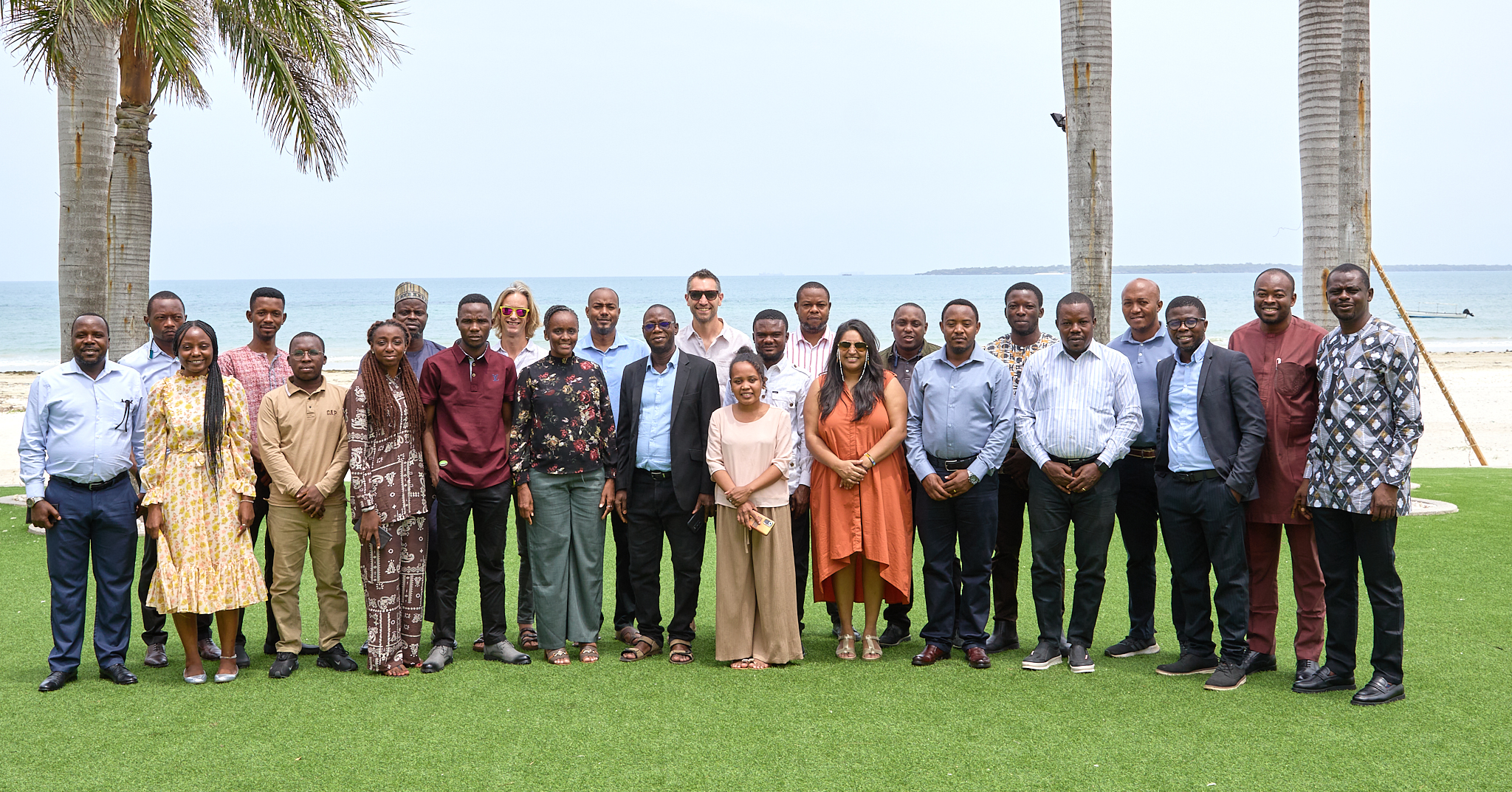
Group photo of the meeting attendees. PHOTO: IFAKARA Communications
MEETING: MoDD Africa project gathers in Dar to plan for year ahead
From 26–29 January 2025, the Modelling for Decisions in a Dynamic Africa (MoDD Africa) project hosted its…
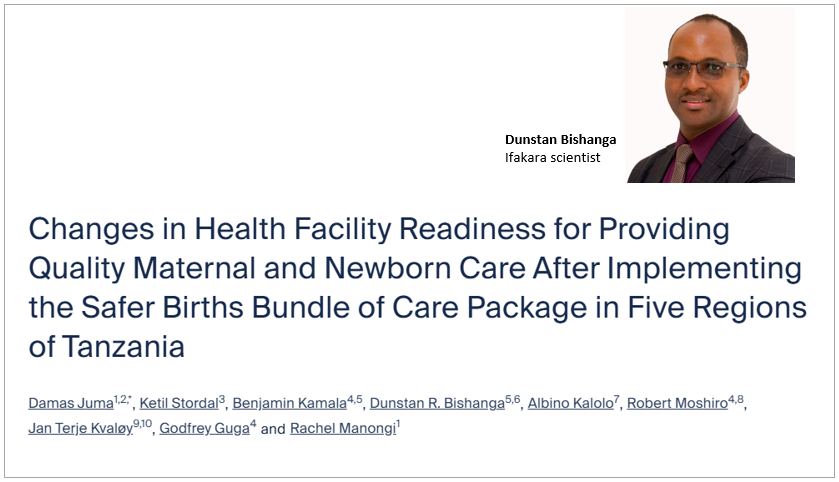
A snip from the Healthcare journal with an inset of Ifakara Health Institute scientist Dunstan Bishanga, who contributed to the study. GRAPHIC | IFAKARA Communications
QUALITY CARE: Tanzania health facilities record gains in mother, child care readiness
Health facilities in Tanzania have become better prepared to provide maternal and newborn care after the rollout of a quality improvement package known as the Safer Births Bundle of Care (SBBC), a new study shows.

Photo by IFAKARA Communications
BURIAL: Seasoned researcher Dr. Chaki laid to rest in Ifakara
Seasoned researcher and Director of Resource Mobilization at the Ifakara Health Institute, Dr. Prosper Chaki, has been laid to final rest at his Lipangalala home village in Ifakara, Morogoro Region, Tanzania. Hundreds…
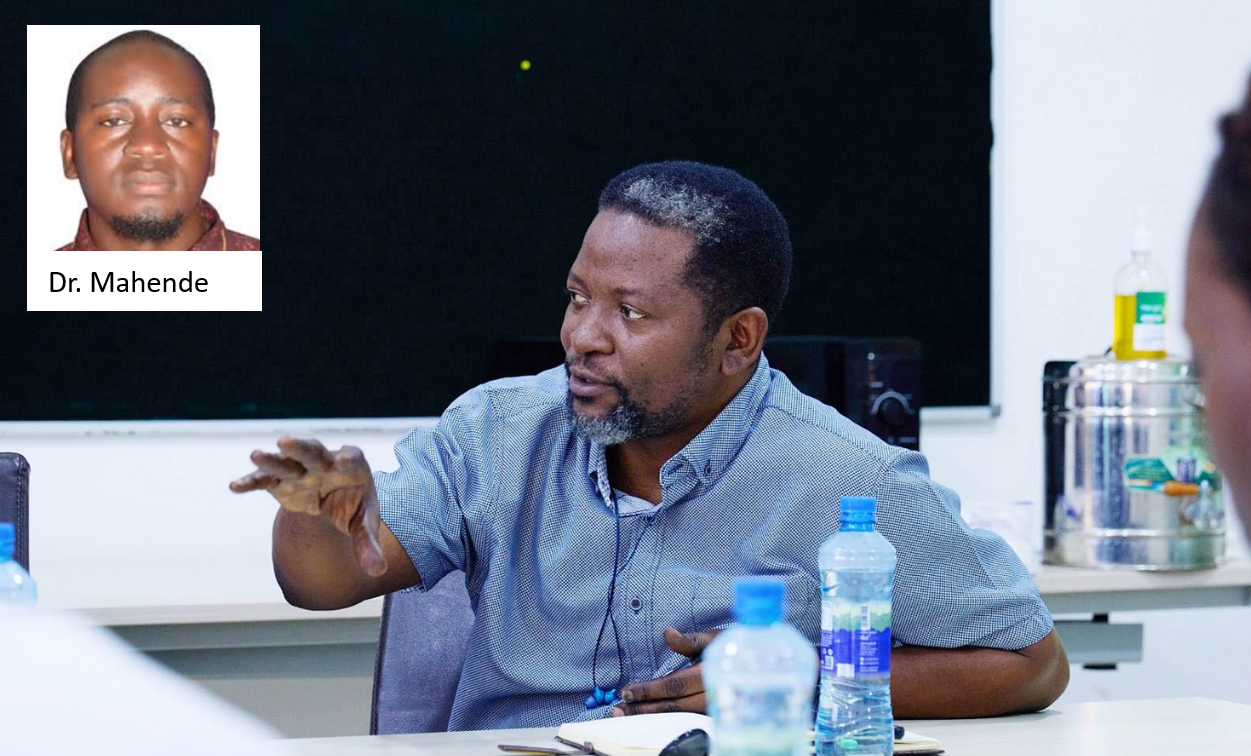
Dr. Chaki gestures when he stressed a point during an engagement. PHOTO: IFAKARA Stock/Files
EULOGY: Honouring a Life of Science, Service, and Mentorship
Today, on the day that Dr. Prosper Pius Chaki is laid to rest in Ifakara, we share a heartfelt eulogy by Dr. Muhidin Mahende honoring the life, leadership, and legacy of Dr. Chaki—a brilliant scientist, trusted …
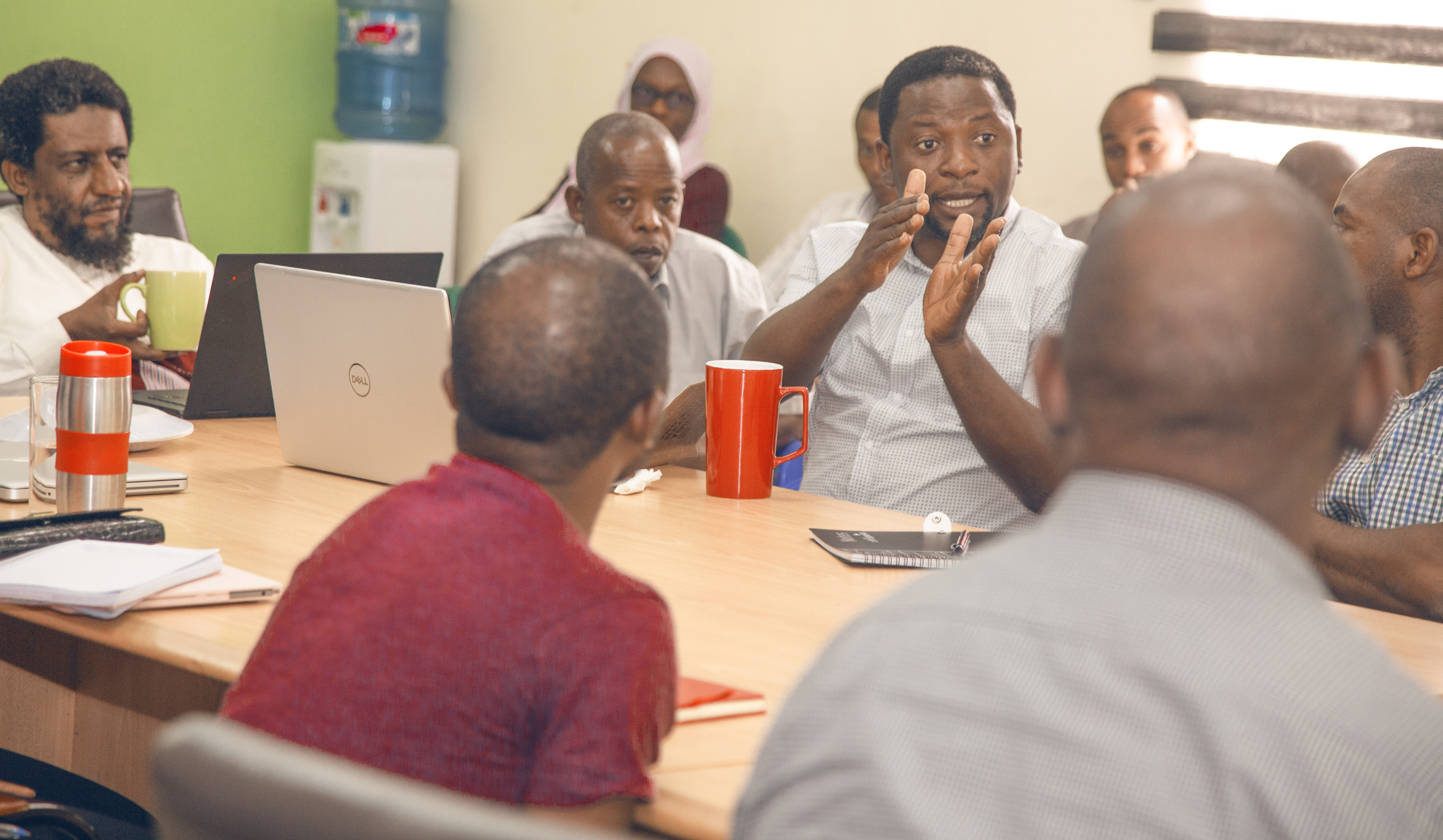
Photo by IFAKARA Communications
LEGACY: Dr. Prosper Chaki’s contribution to science, public health
The Ifakara Health Institute solemnly remembers Dr. Prosper Pius Chaki, a distinguished r…
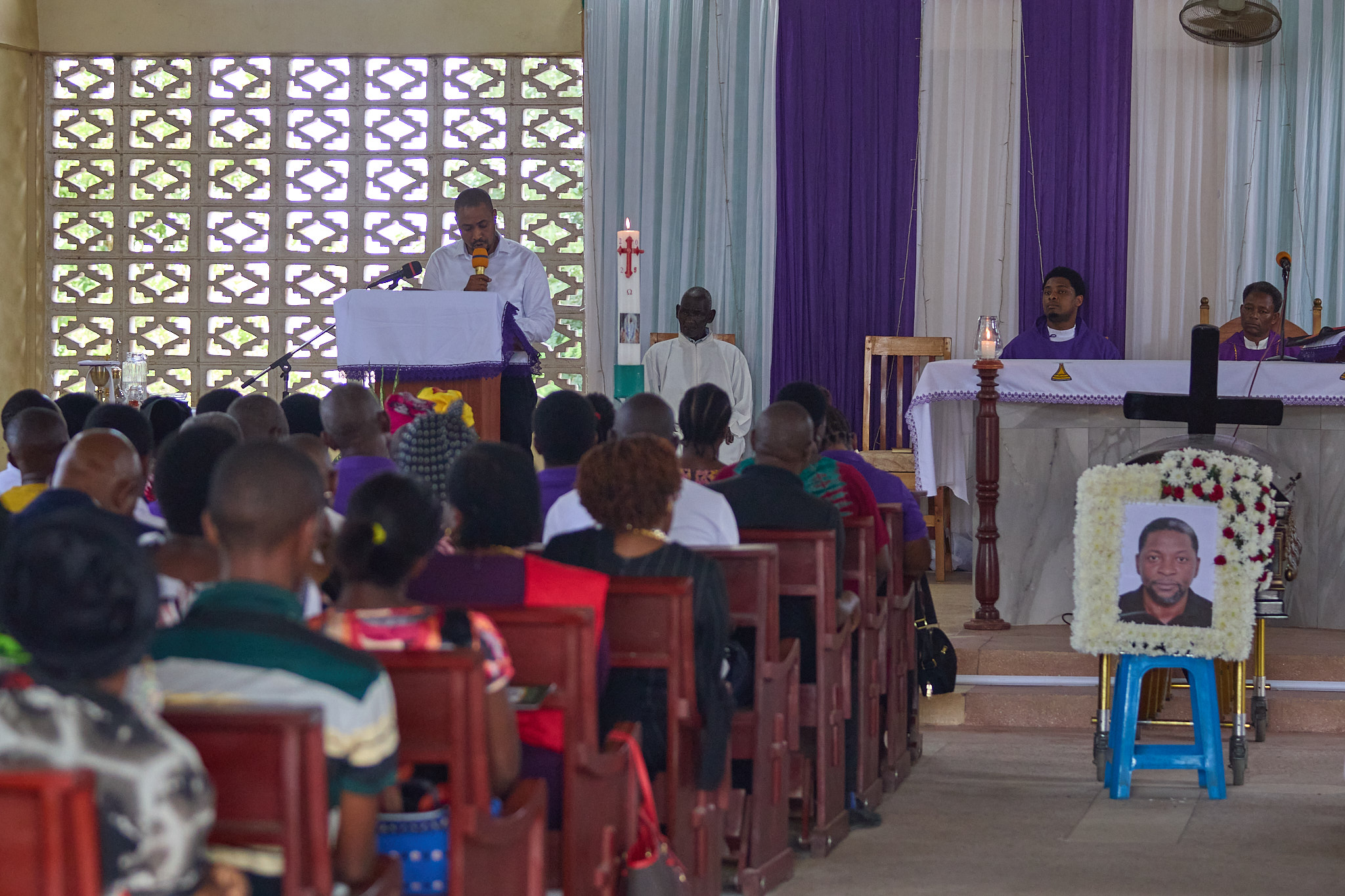
Dr. Yeromin Mlacha delivers the obituary at the funeral service in Dar es Salaam. PHOTO: IFAKARA Communications
CONDOLENCE MESSAGES: Ifakara remembers their beloved colleague
During the memorial service of Dr. Prosper Chaki, colleagues, friends, partners, and family gathered to honour the life and legacy of a dis…
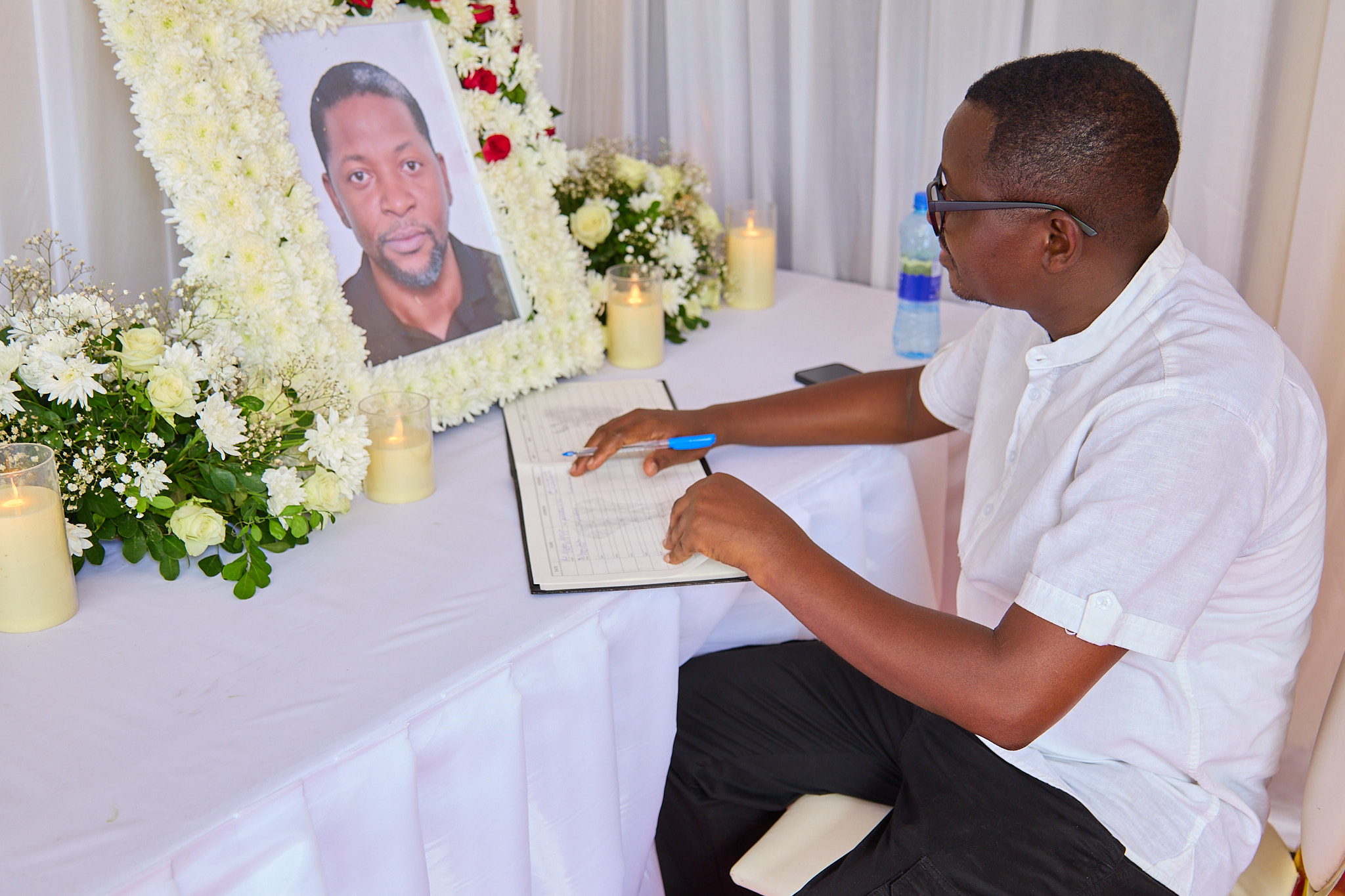
Dr. Nicodemus Govella, a longtime colleague and friend of Dr. Prosper Chaki, signs the visitors’ book during the service held at Dr. Chaki’s home in Bunju, Dar es Salaam. PHOTO: IFAKARA Communications
FAREWELL: Memorial service held in honour of Dr. Chaki
The memorial service for the late Dr. Prosper Chaki is currently underway in Bunju, Dar es Sa…
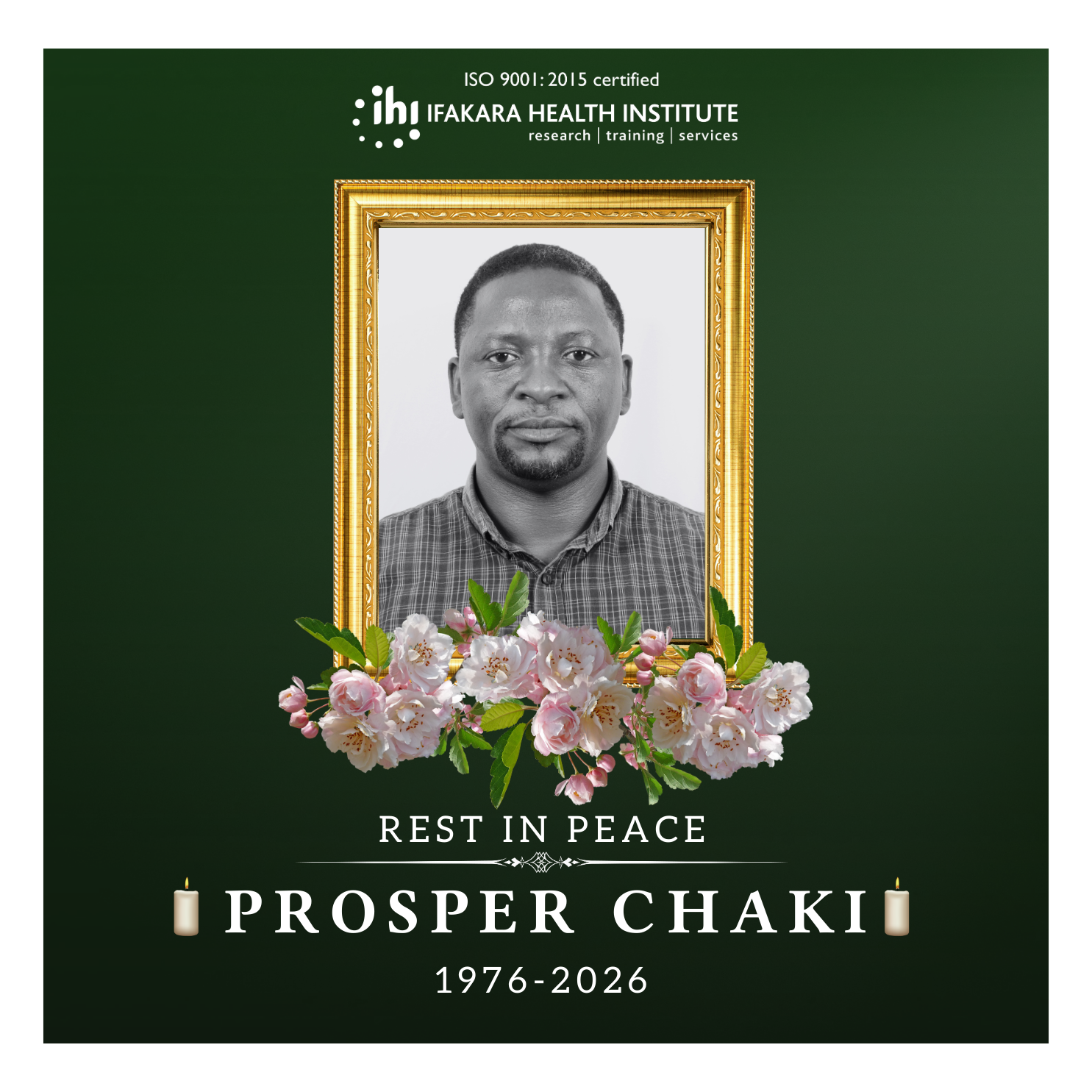
Graphic: Ifakara Communications
PROFOUND LOSS! Ifakara mourns seasoned researcher Dr. Prosper Chaki
The Ifakara Health Institute announces with deep sorrow the passing of our colleague, Dr. Prosper Chaki, Director of R…
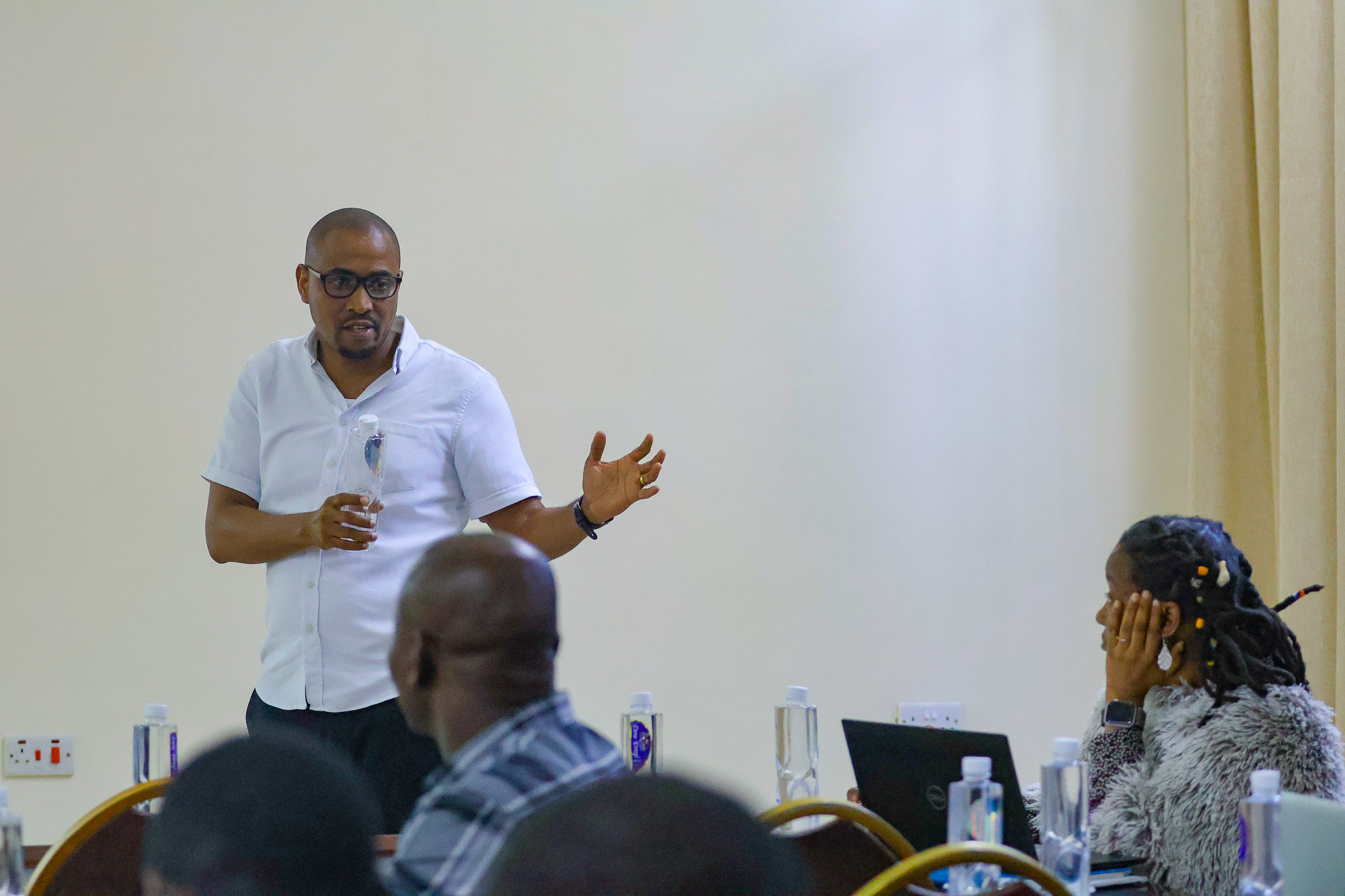
Dr. Yeromin Mlacha of the Ifakara Health Institute facilitates a session at the Climate Modeling Project workshop in Morogoro. Photo by IFAKARA Communications
WORKSHOP: Strengthening capacity to tackle climate-related malaria risks
The Climate Modelling Project, implemented by the Ifakara Health Institute (IHI) in colla…
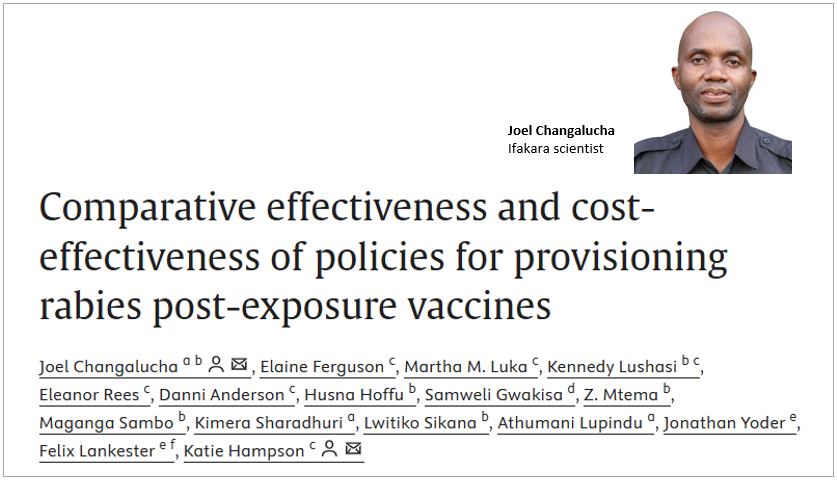
A snip from the Vaccine journal with an inset of Ifakara Health Institute scientist Joel Changalucha, the lead author of the study. GRAPHIC | IFAKARA Communications
RABIES: Free vaccines can prevent hundreds of deaths in Tanzania
Providing rabies vaccines free of charge could prevent hundreds of deaths each year in Tanzania, according to a new study led by scientists from Tanzania, the United Kingdom, and the United States.
